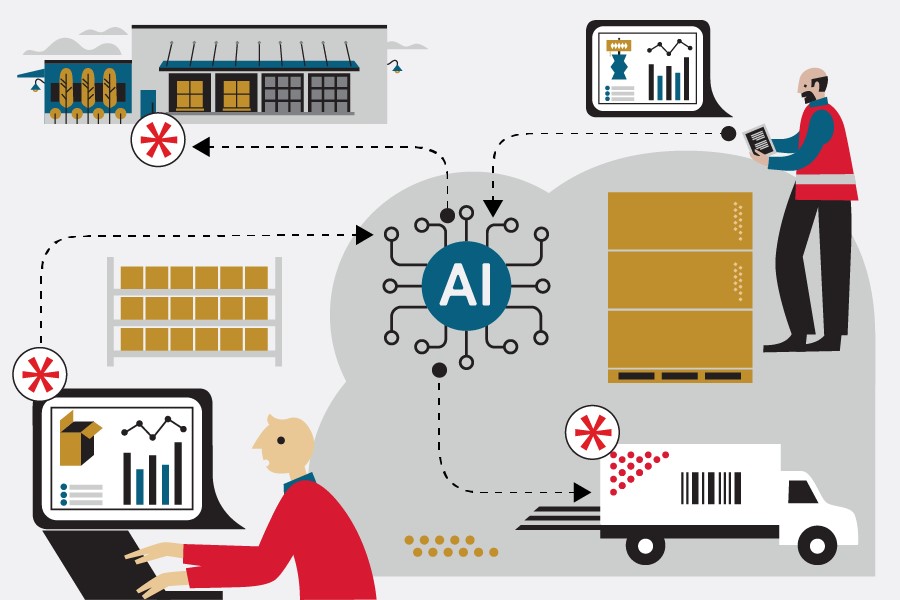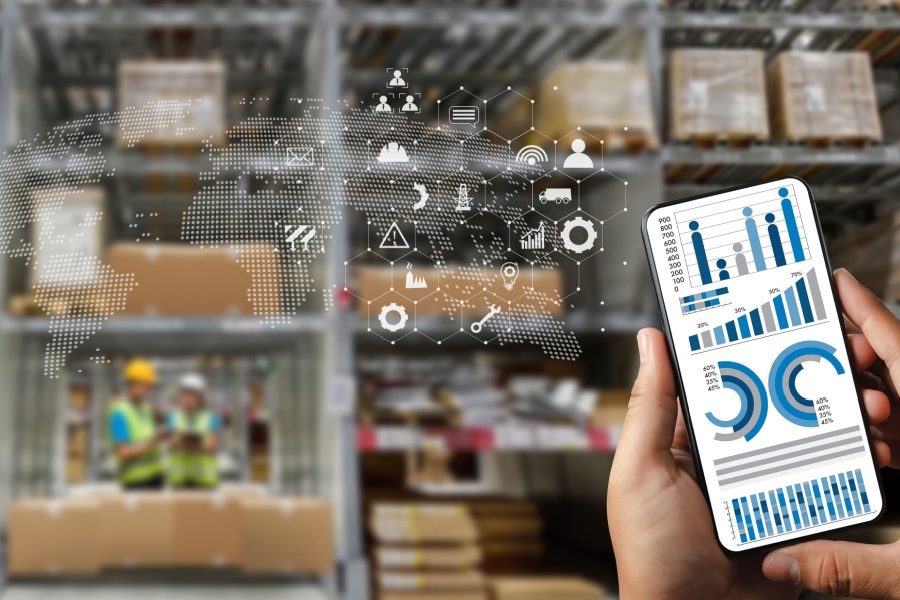Value-added services in logistics offer a range of benefits that contribute to efficiency, customer satisfaction, and competitive advantage within the supply chain. At Ryder, our VAS are performed in-house, so you don’t have to worry about managing more vendors or delays in order fulfillment.
Value-added services can enhance the overall customer experience by providing additional benefits beyond the basic transportation and storage of goods. These services may include customization, labeling, packaging, kitting, assembly, or product configuration tailored to meet specific customer requirements. By offering personalized solutions, logistics providers can differentiate themselves in the market and create added value for their customers, leading to increased satisfaction and loyalty.
Value-added services can improve operational efficiency and streamline supply chain processes. For example, services such as inventory management, order fulfillment, cross-docking, and reverse logistics help optimize inventory levels, reduce stockouts, and minimize carrying costs. Additionally, value-added services like consolidation, deconsolidation, and freight forwarding enable businesses to consolidate shipments, optimize transportation routes, and reduce overall logistics costs. By leveraging these services, businesses can achieve greater flexibility, agility, and cost-effectiveness in their logistics operations.
VAS can enhance product visibility, traceability, and compliance throughout the supply chain. Services such as track-and-trace technology, real-time monitoring, and reporting provide valuable insights into the status and location of goods at every stage of the logistics process. This visibility enables businesses to proactively identify and address issues, mitigate risks, and ensure compliance with regulatory requirements and customer expectations. Enhanced visibility also fosters transparency and trust among supply chain partners, facilitating collaboration and communication.
VAS can support business growth and expansion into new markets. For example, services such as warehousing, distribution, and fulfillment enable businesses to reach customers in new geographic regions efficiently. Similarly, value-added services such as cross-border logistics, customs clearance, and international shipping facilitate global trade and expansion into international markets. By offering comprehensive logistics solutions, businesses can capitalize on new opportunities, enter new markets, and scale their operations effectively.








